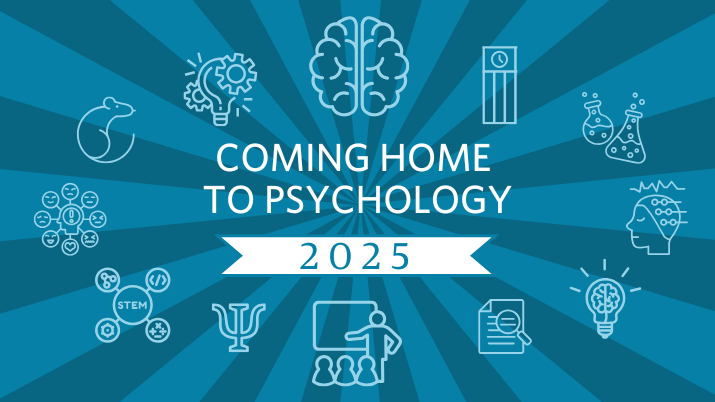
TITLE
Understanding and Enhancing Sexual Function in Individuals and Couples
ABSTRACT
Sexual function, which includes sexual desire, arousal, orgasm, pain and sexual satisfaction, is vital to health, relationships, and overall quality of life. Distressing problems with sexual function (i.e., sexual dysfunction) affects as many as 31% of men and 43% of women and is associated with poorer health and well-being. Unfortunately, most affected individuals and couples never access treatment. Mechanisms contributing to sexual dysfunction are poorly understood, resulting in few empirically-supported and theoretically-informed treatments. The overarching goal of my research program is to identify modifiable risk and protective factors associated with sexual (dys)function that can inform assessment and be targeted in novel treatments. To meet this goal, I use innovative methods—including sexual psychophysiology, eye tracking, reaction-time tasks, and dyadic daily diary and longitudinal survey methods. To capture the interdependence within individuals, between partners, as well as overtime, I use multivariate analyses, and multi-level and structural-equation modelling. In this talk, I will describe a program of research related to three basic and applied questions: (1) What are novel ways to assess sexual function (e.g., interest, arousal, desire)? (2) How do cognitive processes (e.g., attention) contribute to sexual (dys)function? and (3) How do inter- and intra-personal factors shape couples’ sexual function during periods of known decline, such as in the transition to parenthood? The knowledge generated from these lines of research informs my future research program dedicated to developing new psychological interventions to help the large proportions of individuals and couples affected by sexual dysfunction.
ABOUT




